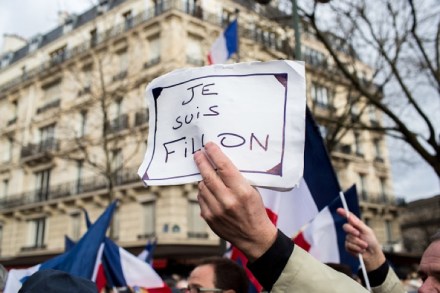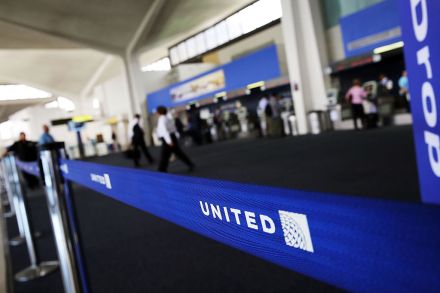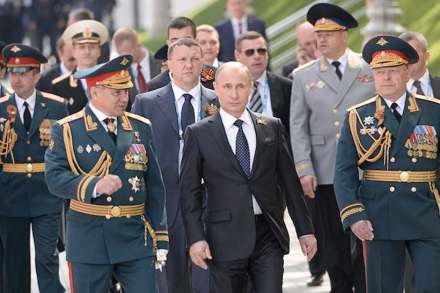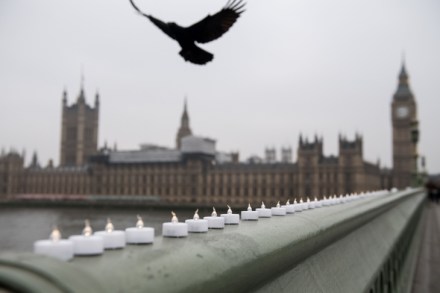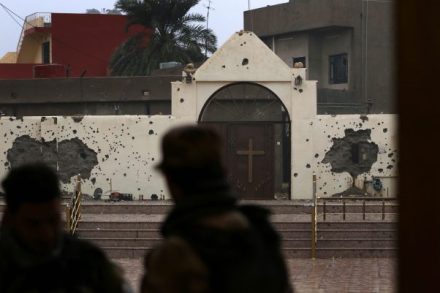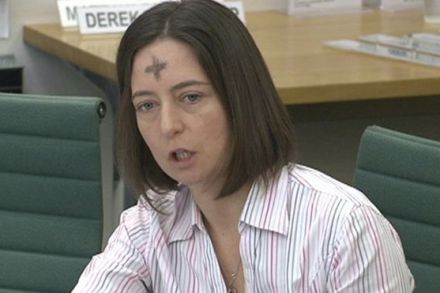François Fillon is the anti-Islamist candidate - and an Islamist target
The news on Tuesday that French security services have prevented another attack by Islamic extremists should come as no surprise given the proximity of the election. Nor should the fact that according to police sources the intended target was François Fillon. When police raided the apartments in Marseille of the two suspects, they reportedly discovered a submachine gun, two handguns, three kilograms of TATP explosives, which was used in the 2015 suicide attacks in Paris, and a newspaper photograph of Fillon. The Islamists loathe the conservative candidate, more than they do Marine Le Pen, despite the fact that she leads the National Front, a long-time foe of conservative Islam. When
